Finding moments of calm and clarity can be challenging. Enter Headspace, a popular meditation and mindfulness app that's revolutionizing the way people approach mental wellness. With its user-friendly interface and science-backed approach, Headspace has become a go-to tool for millions seeking to reduce stress, improve focus, and enhance overall well-being.
What is Headspace?
Headspace is a digital platform that offers guided meditations, mindfulness exercises, and sleep content. Founded by Andy Puddicombe, a former Buddhist monk, and Rich Pierson, a marketing executive, the app aims to make meditation accessible and appealing to a wide audience[1]. Since its launch in 2010, Headspace has grown to serve over 70 million users across 190 countries.
Key Features of Headspace
Guided Meditations
At the core of Headspace are its guided meditation sessions. These range from short, one-minute breathing exercises to longer, more in-depth practices. The app offers various themed courses, including:
- Basics of meditation
- Stress and anxiety reduction
- Improving sleep quality
- Enhancing focus and productivity
- Managing relationships
- Boosting self-esteem
Sleep Content
Recognizing the crucial link between sleep and mental health, Headspace provides a range of sleep-focused content[5]:
- Sleepcasts: Soothing audio experiences that combine storytelling with ambient sounds
- Sleep music: Specially composed tracks to help you unwind
- Wind-downs: Short meditations to prepare your mind for sleep
Move and Focus
Headspace goes beyond traditional meditation by offering:
- Mindful workouts and yoga sessions
- Focus music playlists curated by artists like John Legend
- "The Wake Up": Daily short videos with inspiring stories and mindful moments
How Headspace Enhances Your Meditation Practice
- Structured Approach: Headspace provides a clear path for beginners, starting with basic techniques and gradually introducing more advanced concepts[2].
- Consistency: The app's daily reminders and tracking features help users build a regular meditation habit.
- Variety: With a wide range of themes and session lengths, users can tailor their practice to their needs and schedule.
- Expert Guidance: Andy Puddicombe's calming voice and clear instructions make meditation approachable and less intimidating.
- Accessibility: Meditations can be downloaded for offline use, making it easy to practice anywhere, anytime.
The Science Behind Headspace
Headspace is committed to scientific rigor, collaborating with researchers to study the app's effects. Several studies have shown promising results:
- A 2018 study found that using Headspace for 10 days resulted in a 14% decrease in stress[3].
- Another study showed improved focus and reduced mind-wandering after four weeks of using the app[5].
- Research has also indicated potential benefits for sleep quality and work-related stress reduction.
Health Benefits of Meditation
Regular meditation practice, whether through Headspace or other methods, has been associated with numerous health benefits:
Mental Health
- Stress Reduction: Meditation activates the body's relaxation response, countering the effects of chronic stress[3].
- Anxiety Management: Regular practice can help reduce symptoms of anxiety disorders[3].
- Depression Relief: Mindfulness meditation may help prevent and manage depressive symptoms[6].
- Emotional Regulation: Meditation enhances awareness of emotions, leading to better emotional control.
Cognitive Function
- Improved Focus: Regular meditators often report enhanced concentration and attention span[5].
- Memory Enhancement: Meditation may help improve working memory and long-term memory recall.
- Creativity Boost: Mindfulness practices can enhance divergent thinking and problem-solving skills.
Physical Health
- Pain Management: Meditation can alter pain perception and improve coping mechanisms for chronic pain[6].
- Blood Pressure Reduction: Regular practice may help lower blood pressure in hypertensive individuals.
- Immune System Support: Some studies suggest meditation may boost immune function.
- Sleep Improvement: Mindfulness techniques can help address insomnia and improve overall sleep quality[5].
Lifestyle Benefits
- Increased Self-Awareness: Meditation fosters a deeper understanding of one's thoughts and behaviors.
- Enhanced Relationships: Mindfulness can improve empathy and communication skills.
- Stress Resilience: Regular meditators often develop better coping mechanisms for life's challenges.
- Productivity Boost: Improved focus and reduced stress can lead to enhanced work performance.
Getting Started with Headspace
- Download the App: Available on iOS and Android devices.
- Free Trial: Headspace offers a free trial period to explore its features.
- Choose a Course: Start with the "Basics" course to learn fundamental techniques.
- Set Reminders: Use the app's notification feature to establish a regular practice.
- Track Progress: Monitor your meditation streak and time spent meditating.
Tips for Maximizing Your Headspace Experience
- Start Small: Begin with short, 3-5 minute sessions and gradually increase duration.
- Be Consistent: Aim for daily practice, even if it's just a few minutes.
- Explore Different Themes: Try various courses to find what resonates with you.
- Use Sleep Content: Incorporate Sleepcasts or sleep music into your bedtime routine.
- Combine with Physical Activity: Try the mindful workouts to integrate meditation with exercise.
Conclusion
Headspace has emerged as a powerful tool in the quest for mental wellness, offering a structured, accessible approach to meditation and mindfulness. By providing expert guidance, diverse content, and a user-friendly platform, it helps individuals cultivate a regular meditation practice and reap the numerous health benefits associated with mindfulness.
While Headspace is an excellent resource, it's important to remember that meditation is a personal journey. What works for one person may not work for another. The key is to approach the practice with an open mind, patience, and consistency. Whether you're looking to reduce stress, improve sleep, enhance focus, or simply find moments of calm in your day, Headspace offers a pathway to a more mindful, balanced life.
As with any health-related practice, it's advisable to consult with a healthcare professional, especially if you have pre-existing mental health conditions. Meditation, while generally safe, may not be suitable for everyone in all circumstances.
By incorporating Headspace into your daily routine, you're taking a proactive step towards better mental and physical health. In a world that often feels chaotic and overwhelming, Headspace provides a valuable tool for finding peace, clarity, and balance – one breath at a time.
Citations:
[1] https://www.headspace.com/how-it-works
[2] https://mindtools.io/programs/headspace/
[3] https://www.healthline.com/nutrition/12-benefits-of-meditation
[5] https://www.healthline.com/health/mental-health/headspace-review
[6] https://www.nccih.nih.gov/health/meditation-and-mindfulness-what-you-need-to-know
[7] https://www.vice.com/en/article/what-is-headspace-app-review/
[8] https://www.mayoclinic.org/tests-procedures/meditation/in-depth/meditation/art-20045858


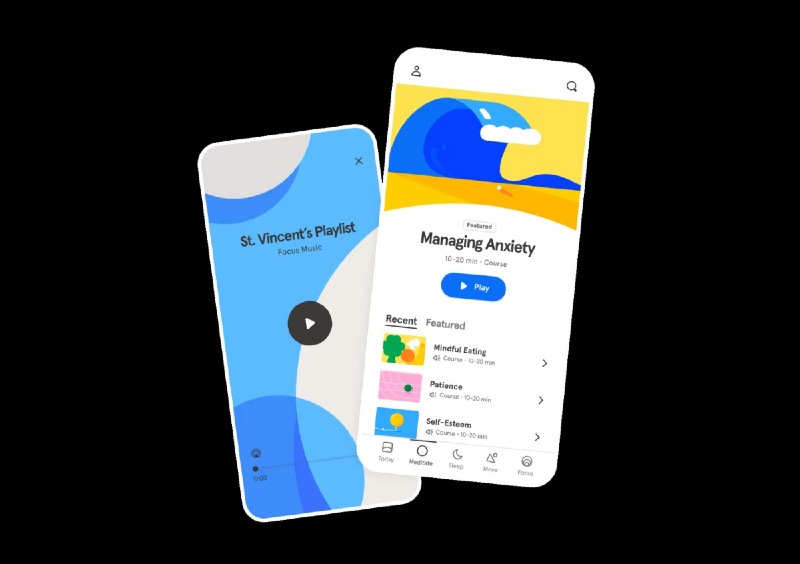
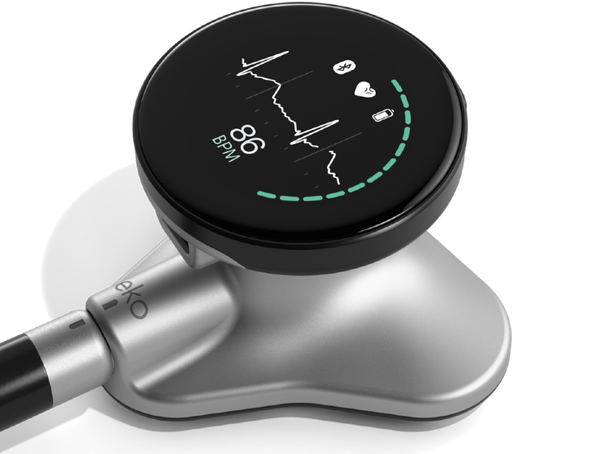





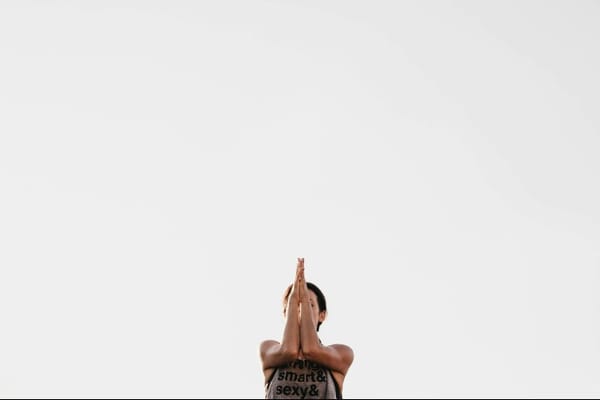

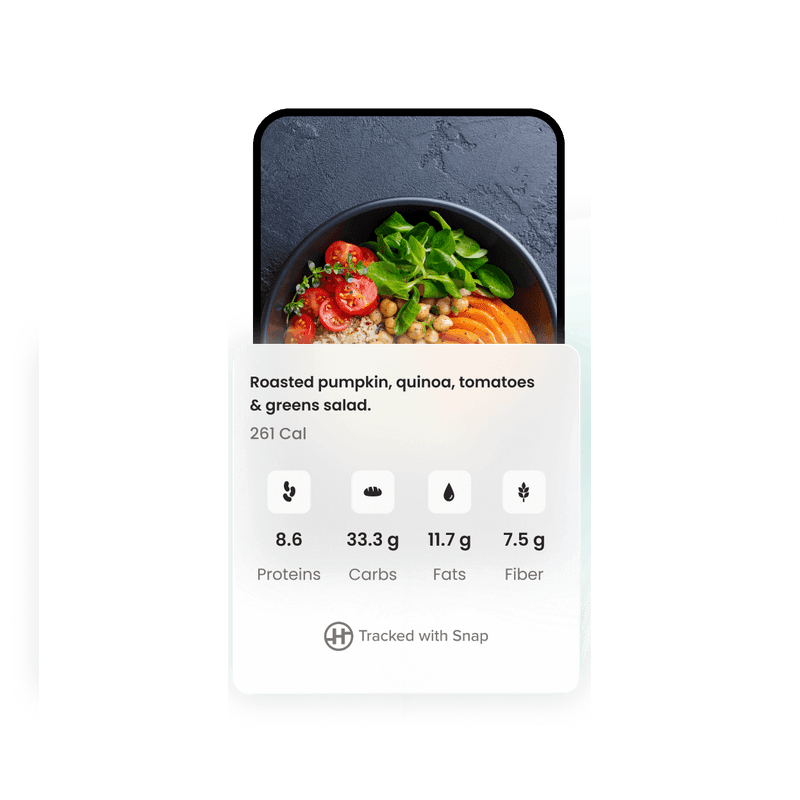

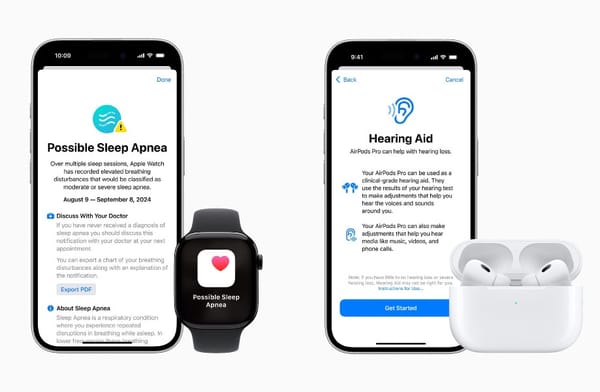

Member discussion